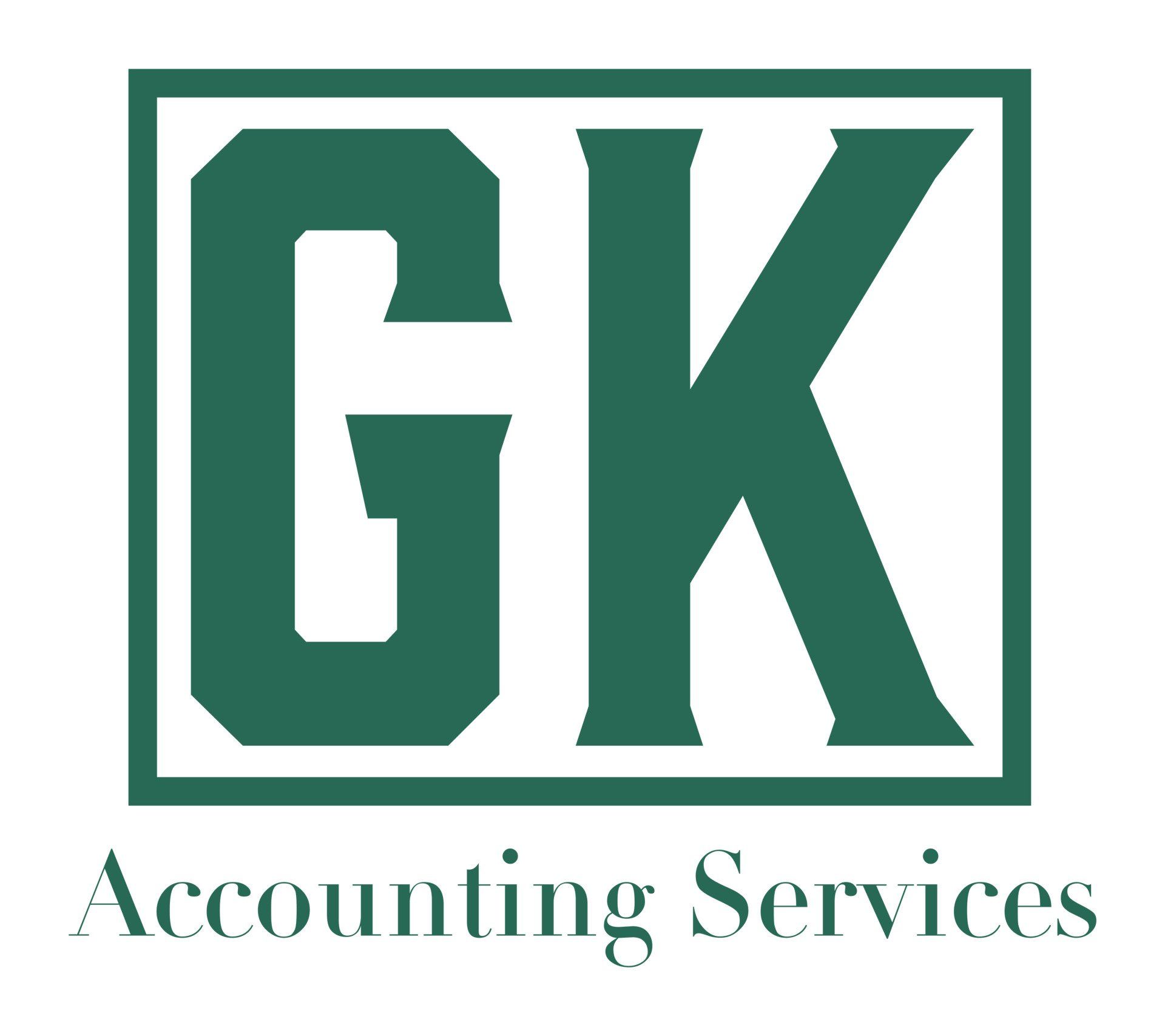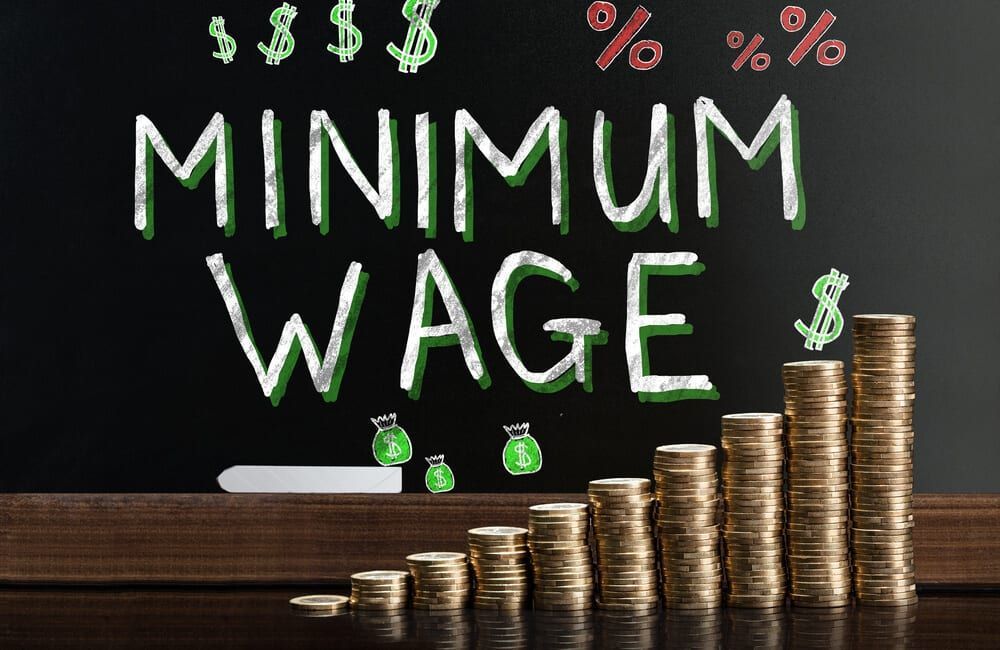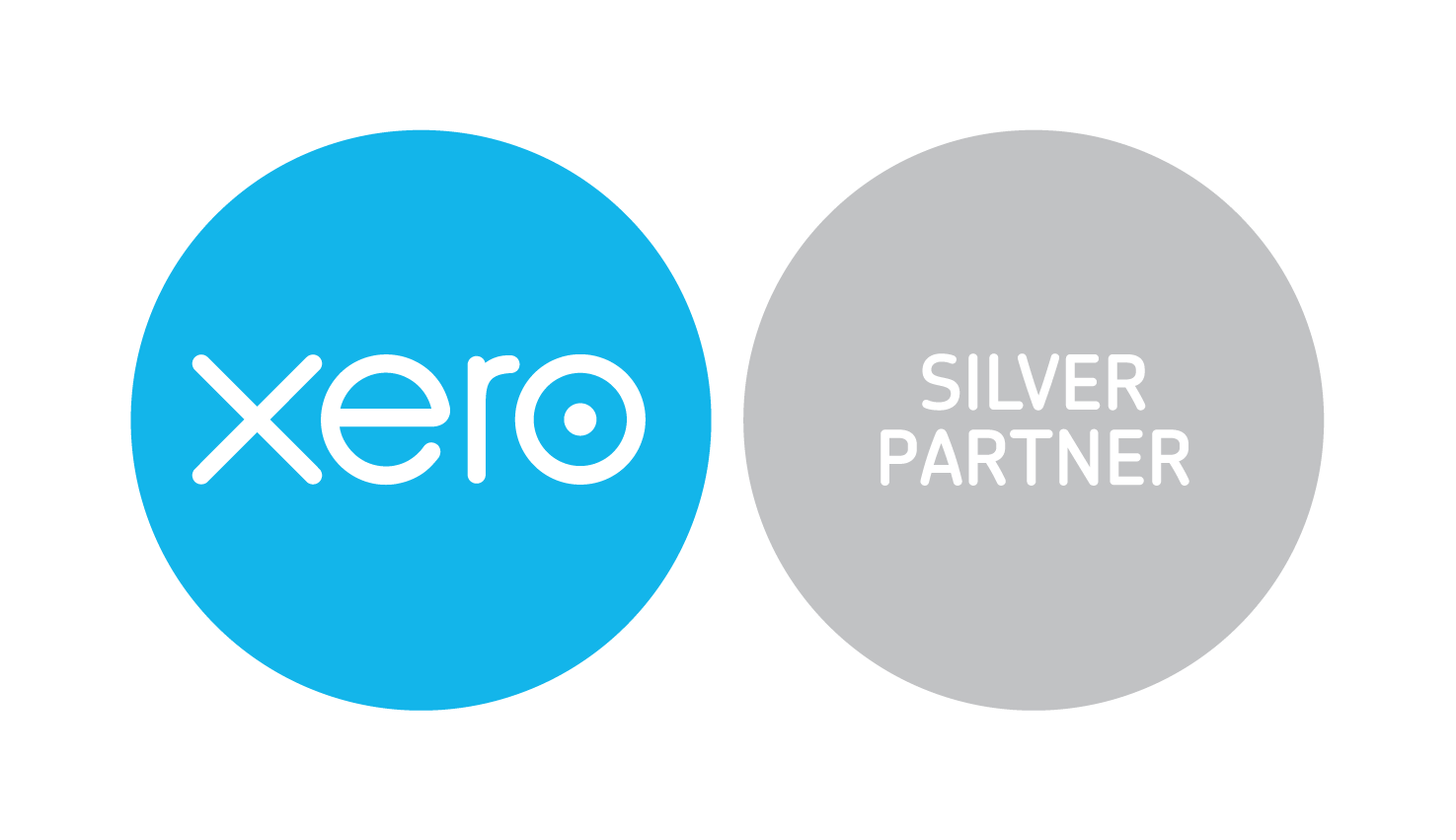Keeping you up to date

01 Mar, 2024
The cash basis scheme offers a streamlined financial management approach, particularly beneficial for sole traders and unincorporated businesses. However, it is important to note that this scheme is not applicable to limited companies and limited liability partnerships. The primary advantage of the cash basis is its simplicity in recording income and expenditure, catering to businesses with straightforward financial structures, particularly those offering services. For businesses contemplating the cash basis scheme, it is imperative to assess suitability. The scheme may not be the optimal choice if your business falls into any of the following categories: You intend to claim interest or bank charges exceeding £500 as an expense. Your business involves complexities, such as high levels of stock. Finance is required, as banks may request traditional accounts to assess the business's financial standing before approving a loan. There are losses that the owner wishes to offset against other taxable income (utilizing 'sideways loss relief'). The cash basis scheme is most suitable for uncomplicated businesses, particularly service-oriented ones. To qualify, businesses must have a turnover of £150,000 or less, and they can continue using the scheme until their turnover reaches £300,000. Earlier this year, HMRC initiated a consultation to explore potential extensions to the scheme. The consultation, which concluded on June 7, delved into various concepts, including raising turnover thresholds for cash basis eligibility and considering the cash basis as the default method, allowing an opt-out for accruals. Further details arising from the consultation will be published in due course.
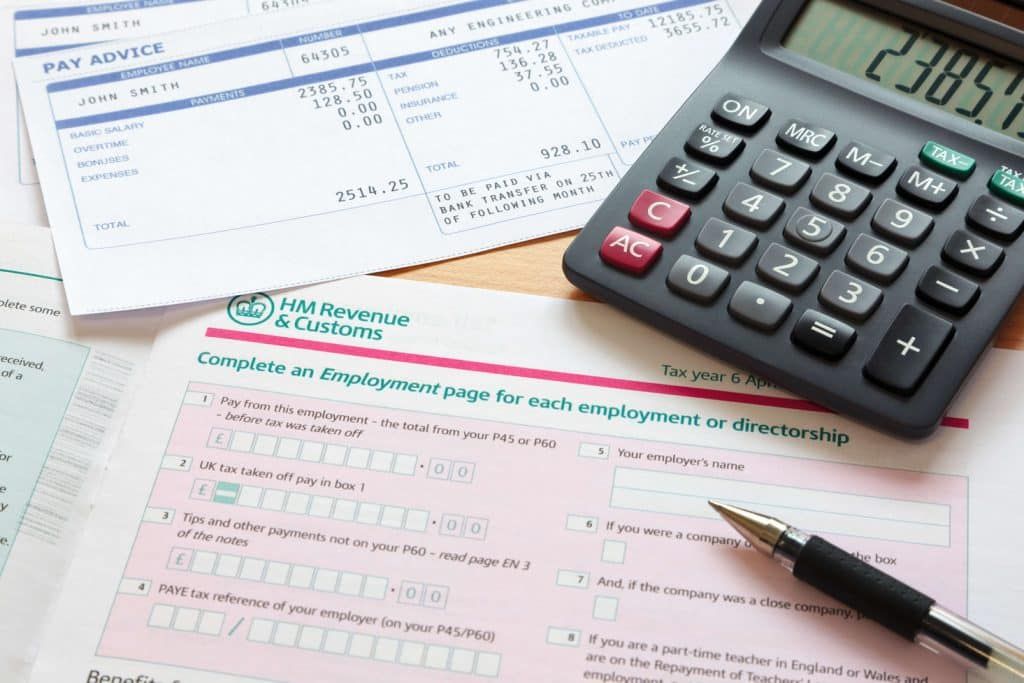
16 Feb, 2024
The SA302 form, obtainable from HMRC, serves as a substantiating document validating one's earnings. Widely utilized for self-employed individuals, the SA302 tax calculation and tax year overview documents have become pivotal evidence of income for loan or mortgage applications, aligning with the heightened need for verifiable income in adherence to mortgage regulations. Covering the last four years of Self-Assessment Tax Returns, the SA302 delineates the breakdown of income declared in the taxpayer's tax return, encompassing commercial variations. Simultaneously, the tax year overview attests to the tax liabilities stemming from the submitted return to HMRC, detailing payments made and cross-referencing the Tax Calculation with official HMRC records. Self-assessment taxpayers can leverage HMRC's online service to requisition an SA302 tax calculation for the preceding four tax years. Post the online tax return submission, a 72-hour processing period precedes the availability of printable documents. Alternatively, those utilizing commercial software, either individually or through an accountant, can access their proof of earnings seamlessly. Most lenders accept SA302 forms printed from online accounts or generated via the commercial software facilitating return submissions. HMRC, in collaboration with the Council of Mortgage Lenders and their affiliates, has actively expanded the pool of lenders embracing self-serve copies, streamlining the validation process for borrowers.

01 Feb, 2024
The Annual Investment Allowance (AIA) is a tax relief mechanism that enables businesses to deduct the entire qualifying expenditure on plant and machinery from their pre-tax profits. Eligibility for the AIA extends to individuals, partnerships, or companies engaged in a trade, profession, or vocation, as well as those involved in a UK non-residential property business, or a furnished holiday let. It is noteworthy that only partnerships or trusts with a diverse mix of individuals and companies within their business structure do not qualify for AIA. As of April 1, 2023, a substantial and enduring adjustment increased the AIA from £200,000 to £1 million. The transitional rules that were previously in effect for chargeable periods spanning April 1, 2023, have been eliminated, as they are no longer deemed necessary. The AIA encompasses a broad spectrum of assets acquired by a business, including but not limited to machines and tools, vans, lorries, diggers, office equipment, building fixtures, and computers. However, it's important to note that the AIA does not apply to expenditures related to cars. To benefit from the AIA, a claim must be submitted within the period in which the item was purchased. This period is defined as either the date when a contract is signed (if payment is due within 4 months of signing) or the actual payment date (if payment is due more than 4 months later).

05 Oct, 2023
In the realm of taxation, where complexity often reigns, the Employment Allowance shines as a beacon of simplicity for eligible employers. This allowance grants the power to trim National Insurance (NI) liabilities, potentially yielding substantial savings. This article navigates through the key facets of the Employment Allowance, explaining its mechanics, eligibility criteria, limitations, and recent usage trends, ultimately showcasing how this scheme can ease the financial burdens of employers.

15 Sep, 2023
Embarking on the journey of constructing a new home or undergoing a conversion project is a significant endeavour laden with complexities, costs, and considerations. To ease this path, the VAT DIY Housebuilders scheme steps in, offering homeowners a unique opportunity to access specialised VAT regulations that mirror the benefits enjoyed by property developers. By delving into the intricacies of this scheme, we can uncover how it facilitates tax advantages, recent updates, and the step-by-step processes homeowners need to follow to harness its potential.
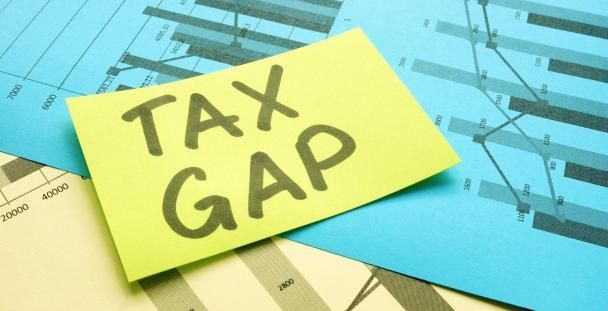
01 Sep, 2023
The recently published tax gap figures for the 2021-22 tax year shed light on the intricate landscape of taxation in the United Kingdom. Despite the encouraging news that the tax gap has hit an all-time low of 4.8%, the staggering amount of £36 billion in lost tax highlights the ongoing challenges that Her Majesty's Revenue and Customs (HMRC) faces in ensuring proper tax collection. This article delves into the key findings of the HMRC's "Measuring the Tax Gap" report, revealing insights about tax evasion, avoidance, errors, and the various contributing factors.

10 Aug, 2023
HM Revenue and Customs (HMRC) provides an online tool that lets taxpayers determine whether they need to notify HMRC about additional income. This article explores the functionality of the online tool and highlights the types of income individuals may need to report. Using the Online Tool Taxpayers can access the online tool here. This tool is a valuable resource for individuals uncertain whether they should inform HMRC about any extra income they have received. Types of Extra Income Various sources of additional income may trigger tax obligations. These can include: Selling Items: Income generated from selling items, whether through car boot sales, auctions, or online platforms, is typically subject to taxation. Casual Jobs: Engaging in casual jobs such as gardening, food delivery, or babysitting can generate taxable income that should be reported to HMRC. Equipment or Tool Usage: Charging others for the use of personal equipment or tools also qualifies as taxable income. Property Rentals: Renting out property or a portion of one's home, such as through agencies or online platforms, is another form of income that may be subject to tax. Annual Tax Allowances While most of these income sources are taxable, two separate annual tax allowances are available for property and trading income, each amounting to £1,000. If an individual has both types of income, they can claim a £1,000 allowance for each. The online tool will indicate if these allowances are applicable in their case. Trading Allowance: The trading allowance covers income up to £1,000 from self-employment, casual services (such as gardening or babysitting), or hiring personal equipment (like power tools). Taxpayers within this threshold can enjoy tax exemption and are not required to report or include this income in their tax returns. Property Allowance: If the gross property income for one or more property businesses is £1,000 or less annually, individuals do not need to notify HMRC or declare this income on their tax return. For instance, income from renting a driveway for parking falls within the scope of the property allowance. Tax-Free Income and Deductible Expenses When the relevant income for an individual falls within the respective allowance limit (before accounting for expenses), it is considered tax-free and does not need to be declared. Taxpayers with higher income amounts can deduct the allowance from their receipts instead of subtracting actual allowable expenses when calculating their taxable profits. The online tool HMRC provides allows taxpayers a convenient way to determine if they need to notify the organisation about additional income. Individuals can fulfil their tax obligations accurately and efficiently by understanding the types of income that should be reported and the available tax allowances. Utilising this resource ensures compliance with tax regulations while facilitating a smoother tax reporting process for taxpayers with various sources of income. If you would like more advice and assistance, please contact us at info@gkaccountingservices.com or call us on 01269 518 815, where we will be more than happy to answer any of your questions.

26 Jul, 2023
The deadline for making additional voluntary National Insurance Contributions (NICs) has been extended, providing taxpayers with more time to address gaps in their contribution records. This article discusses the recent extension, its significance, and potential benefits for individuals seeking to maximise their entitlement to state benefits. Extended Deadline: A Welcome Opportunity The original deadline for voluntary NICs allows taxpayers to pay contributions dating back to six tax years, with the cutoff set at 5 April each year. However, a specific extension has been granted for the tax years from April 2006 to April 2017. This extension was introduced as part of the transitional measures for the new State Pension. Previous Deadline Extension Initially, the deadline was scheduled to expire on 5 April 2023. But, due to the overwhelming influx of applications and information requests received by HM Revenue and Customs (HMRC), it was extended until 31 July 2023. However, considering the continuing challenges faced by HMRC in processing these requests, a further extension has been implemented. Addressing Concerns and Managing Demand The decision to extend the deadline is primarily driven by concerns surrounding HMRC's capacity to handle the significant number of applications and information requests from taxpayers aiming to fill gaps in their NIC records. By allowing more time for individuals to submit their contributions, the extended deadline aims to alleviate the burden on HMRC and ensure everyone has a fair opportunity to address any discrepancies. Stability in Contribution Rates Additionally, HMRC has confirmed that all relevant voluntary NIC payments will be accepted at the rates applicable in the 2022-23 tax year until 5 April 2025. This means that individuals can make contributions based on the current rates, providing stability and predictability for those considering taking advantage of the extended deadline. Extending the deadline for voluntary NICs is a welcome opportunity for taxpayers to rectify gaps in their contribution records. With the added time and stability in contribution rates, individuals between the ages of 45 and 70 can assess their eligibility for increased state benefits. By taking advantage of this extension, taxpayers can make informed decisions to maximise their entitlements and secure a better financial future. If you would like more advice and assistance, please contact us at info@gkaccountingservices.com or call us on 01269 518 815, where we will be more than happy to answer any of your questions.

13 Jul, 2023
Taxation is a significant consideration for businesses, and finding legitimate ways to save money is always a priority. One often overlooked opportunity lies in the world of Transfer of a Business as a Going Concern (TOGC). In this article, we delve into the untapped potential of TOGC, revealing how it can unlock substantial tax savings for savvy business owners. Discover the secrets behind this powerful strategy and seize the opportunity to maximise your financial advantage. What is a TOGC? A TOGC, or Transfer of a Business as a Going Concern, refers to the sale of a business, including its underlying assets, which falls outside the scope of Value Added Tax (VAT). Typically, the sale of VAT-registered or registerable business assets would be subject to VAT. However, by utilising TOGC provisions, businesses can avoid this VAT burden and enjoy significant tax benefits. The Key Conditions for TOGC Success: To qualify for TOGC treatment, certain conditions must be met: Operating as a "Going Concern": The sold assets must be part of a business actively operating as a going concern. This means it must be more than a mere collection of assets but a functional and operational business. Continuation of the Same Kind of Business: The purchaser must intend to use the acquired assets to carry on the same type of business as the seller. While it doesn't have to be identical, the buyer should possess a viable business rather than just a set of assets. Taxable Person Status: If the seller is a taxable person, the purchaser must also be a taxable person or become one due to the transfer. This ensures that the tax obligations and benefits associated with the business are properly transferred. Separability of Partial Business: If only a part of a business is sold, that part must be capable of separate operation. This requirement allows for selling distinct business segments without jeopardising the TOGC treatment. No Series of Immediate Transfers: TOGC treatment is invalidated if a series of immediately consecutive transfers take place. To qualify, the sale should be a one-time event, ensuring the continuity of the business under new ownership. The Benefits of TOGC Properly utilising TOGC provisions can yield substantial tax savings and operational advantages for businesses: VAT Exemption: The most significant benefit of TOGC is the exemption from VAT on the sale. By avoiding the VAT burden, businesses can save considerable money that would have otherwise been paid to tax authorities. Efficient Business Transfers: TOGC allows for a seamless business transfer from one owner to another, ensuring continuity and minimising disruptions. It provides a more efficient and cost-effective means of transitioning ownership, benefiting both the seller and purchaser. Maximising Financial Advantage: By unlocking the tax savings provided by TOGC, businesses can redirect those funds toward growth, investments, or other strategic initiatives. This can increase competitiveness, improve financial stability, and enhance profitability. In the realm of taxation, knowledge is power. Understanding the benefits and conditions of a Transfer of a Business as a Going Concern (TOGC) opens the door to substantial tax savings and operational efficiencies. By leveraging the power of TOGC, business owners can minimise their tax liabilities, ensure a smooth ownership transition, and gain a competitive edge in their industry. Don't let this hidden opportunity slip away—seize the untapped potential of TOGC and unlock the secrets to maximising your financial advantage. If you would like more advice and assistance, please contact us at info@gkaccountingservices.com or call us on 01269 518 815, where we will be more than happy to answer any of your questions.
Want More Information?
Address: 168b Saron Road, Saron, Ammanford, Carmarthenshire, SA18 3LN
Phone: 01269 518 815
Email: info@gkaccountingservices.com
Privacy Policy
